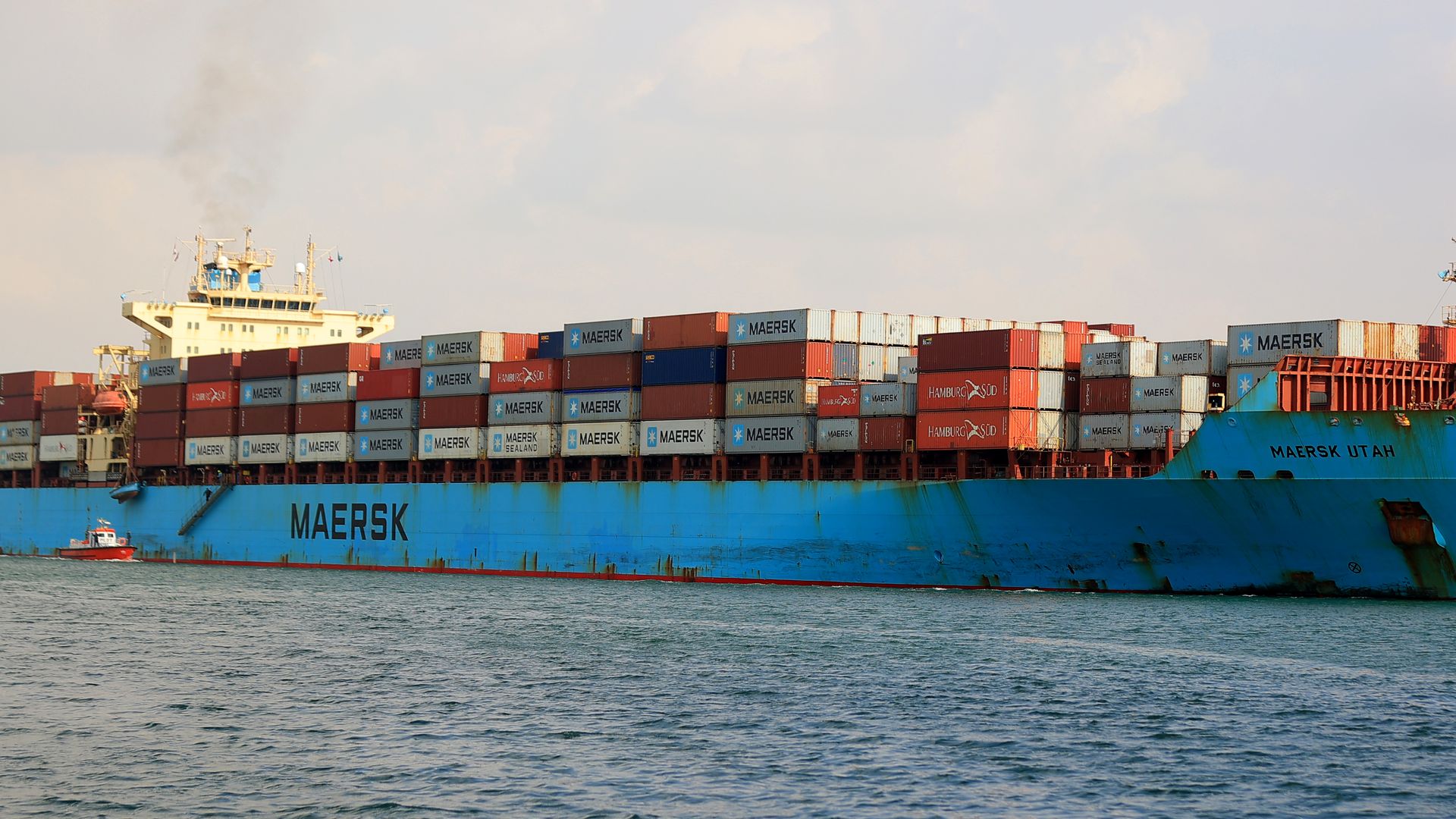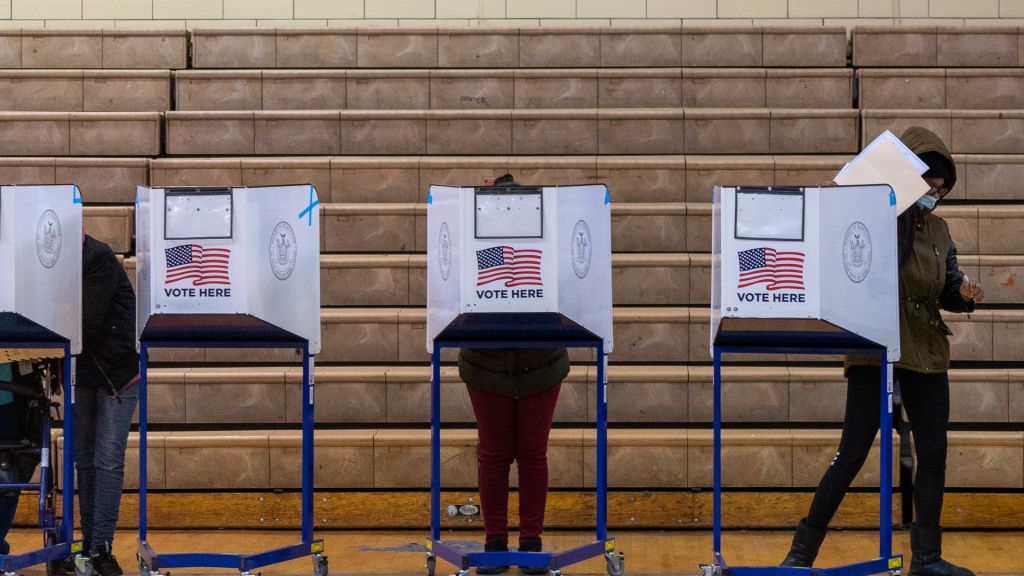
[RYAN ROBERTSON]
A U.S.-OWNED VESSEL WAS HIT BY A HOUTHI MISSILE IN THE RED SEA. THERE WAS A FIRE IN THE SHIP’S HOLD, BUT IT’S STILL SEAWORTHY.
BEFORE THE RECENT SPATE OF HOUTHI ATTACKS ON COMMERCIAL SHIPPING, ODDS ARE THE LAST TIME YOU THOUGHT ABOUT THIS SPECIFIC PART OF THE WORLD WAS WHEN THE CONTAINER SHIP ‘EVER GIVEN’ SPENT SIX DAYS BLOCKING THE FLOW OF TRAFFIC IN THE SUEZ CANAL.
THE INCIDENT FROZE ABOUT $10 BILLION IN TRADE EVERY DAY IT LINGERED.
WHEN THINGS ARE RUNNING NORMALLY, ABOUT 10 TO 15% OF GLOBAL TRADE TRANSITS THE SUEZ AND THE RED SEA.
SINCE THE ATTACKS BEGAN ON OCTOBER 19TH, THAT TRADE HAS SLOWED TO A TRICKLE. WHILE THAT’S NOT GOOD FOR MANY PARTS OF THE WORLD, DOCTOR WES BOYCE, AN ASSISTANT PROFESSOR IN THE DEPARTMENT OF SUPPLY CHAIN MANAGEMENT AND ANALYTICS AT THE UNIVERSITY OF NEBRASKA SAYS AMERICANS SHOULDN’T BE OVERLY CONCERNED ABOUT THE IMPACT IN THE U.S.
[Dr. WES BOYCE]
It’s very important. As a percentage, I would guess high single digits are even in the teens of what might go through there. But, you know, over half of our imports don’t even travel by ship. So, those are automatically not even going to be using that. A lot of our imports go to West Coast ports. So again, that’s not going to go through the Red Sea or the Suez Canal either.
[RYAN ROBERTSON]
OF COURSE, THAT DOESN’T MEAN THERE’S NO CAUSE FOR CONCERN.
CONTINUED DISRUPTION OF THOSE SHIPPING LANES COULD EVENTUALLY HAVE SOMETHING OF A RIPPLE EFFECT ON AMERICAN CONSUMERS. BUT DOCTOR BOYCE SAYS THAT’S NOT SOMETHING THAT WOULD SHOW UP IMMEDIATELY.
[Dr. WES BOYCE]
The impact we’re seeing here is surging cargo prices, shipment delays, increased cost of insuring for carriers. So, we have a lot of problems that are starting to build. And even if this gets solved tomorrow, it’s going to take a little bit to work all this out. You can think about a traffic jam on the highway. Now, even when the problem gets cleared out the traffic behind it is going to take often hours to get solved.
[RYAN ROBERTSON]
THE ONE THING THE PROFESSOR SAYS COULD CHANGE THINGS, IS EXACTLY WHAT HAPPENED AT THE END OF LAST WEEK WITH AMERICAN AND BRITISH AIR FORCES TARGETING HOUTHI ASSETS ON THE GROUND IN YEMEN. PRESIDENT BIDEN ORDERED THE STRIKES ON BACK-TO-BACK NIGHTS, HOPING TO PUT AN END TO THE ATTACKS ON VESSELS IN THE RED SEA.
[Dr. WES BOYCE]
So, if this conflict drags on or even starts expanding in that region, we could start seeing impacts on energy which we would all feel relatively quickly, given that fuel prices, for example, would go up within days, and sometimes quite significantly. So, this is a tricky situation for the global economy. Especially considering we’re arguably still battling inflation, and, you know, just still a little bit scarred, I might say, from the COVID-19 pandemic.
[RYAN ROBERTSON]
U.S. AIR FORCES CENTRAL COMMAND SAYS COALITION FORCES HIT MORE THAN 60 TARGETS AT LOCATIONS ALL ACROSS YEMEN. FOR THEIR PART, A HOUTHI SPOKESPERSON SAID THE AIRSTRIKES WOULD NOT DETER THEM FROM MORE ATTACKS. WHICH IS, OBVIOUSLY, STILL THE CASE.







